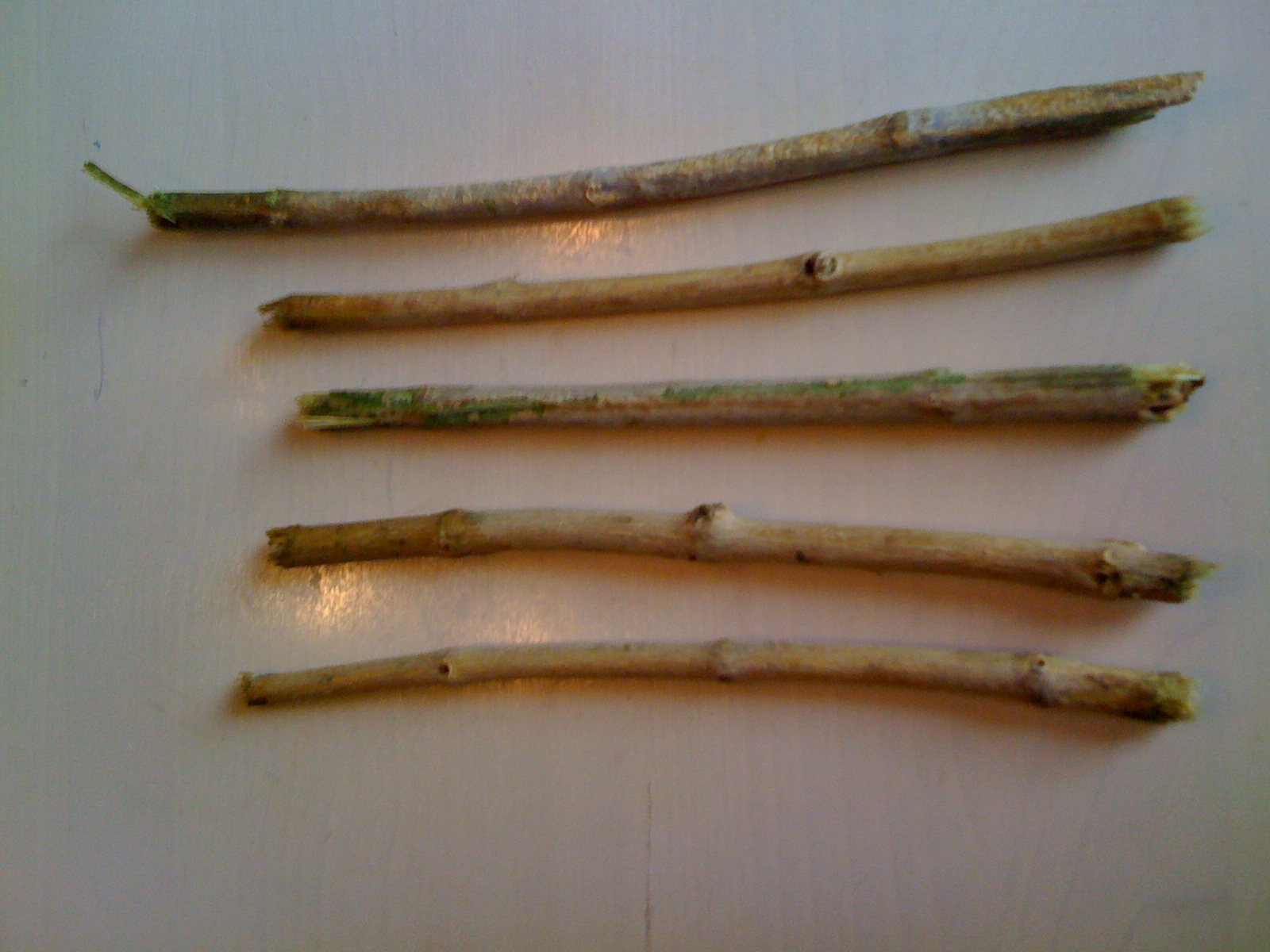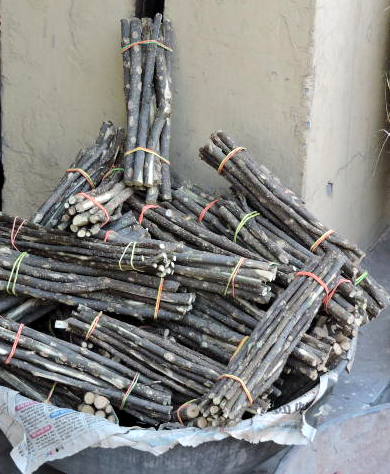|
LIPIA
LIPIA ( ar-at, معهد العلوم الإسلامية والعربية في إندونيسيا , Ma'had al-ʻulumi al-Islamiyyah wal 'arabiyah fi Indunisia; id, Lembaga Ilmu Pengetahuan Islam dan Bahasa Arab; en, Islamic and Arabic College of Indonesia) is a Saudi educational institution established in Jakarta, Indonesia. The college is a branch of the Imam Muhammad ibn Saud Islamic University in Riyadh, Saudi Arabia. The main purpose is to teach Arabic and Islam. The college has been accused of promoting a fundamentalist view of Islam, harbouring political Islamists and Salafists. History The College was founded in 1980 to provide education with concentrations in Arabic and Islamic religion for Indonesian students with approval from the Royal Court, No. 5/n/26710. The name of the college was ''Arabic Teaching Institute'' ("Lembaga Pendidikan Bahasa Arab") until 1986. The college gives scholarship to its top students to continue their education to Imam Muhammad ibn Saud Is ... [...More Info...] [...Related Items...] OR: [Wikipedia] [Google] [Baidu] |
Anis Matta
Muhammad Anis Matta (born December 7, 1968 at Bone, Southern Sulawesi) is a former Prosperous Justice Party (PKS) and now Gelora Party politician. He was the secretary-general of PKS for four consecutive terms (1998–2013) and was appointed for the first time at the age of 29 before he was appointed as the party's president. Early life and education Anis Matta undertook undergraduate studies in Islamic Sharia from LIPIA in 1992 and in 2001, he enrolled at Lemhannas. Political career Anis's national political career began when he was elected member of the People's Representative Council for 2004–2009. Before he was elected, he was the Secretary General of PKS for two terms, 2003-2005 and 2005–2010. Anis was the Deputy Speaker of the People's Representative Council for 2009–2014, but resigned on February 1, 2013 to become the President of PKS. He replaced Luthfi Hasan Ishaaq, who was convicted of corruption. On November 10, 2019, he was the leader of Indonesian People's ... [...More Info...] [...Related Items...] OR: [Wikipedia] [Google] [Baidu] |
Indonesian Islamic Propagation Council
The Indonesian Islamic Propagation Council ( id, Dewan Da'wah Islamiyah Indonesia, abbreviated as DDII) is a Sunni Islamic organization in Indonesia which aimed at ''dawah'' (proselytizing). The organization is considered one of the most prominent dawah organisations in modern Indonesia. It is also noted for being the primary receiver (along with the LIPIA) of funding for Islamic activities in Indonesia from Saudi Arabia. History The DDII was founded in 1967 by Mohammad Natsir, a leading figure in the Indonesian independence movement, the former leader of the Masjumi Party and a leader of the Islamic revival in Indonesia and interaction with the Middle East. Following the disbanded Masyumi party, Natsir and other former members of the party met to create the DDII. According to Hasan Noorhaidi "from its inception" the DDII was the "Indonesian representative" of the Saudi-funded Muslim World League. The group sought closeness to Saudi as protection against the marginalization of I ... [...More Info...] [...Related Items...] OR: [Wikipedia] [Google] [Baidu] |
Imam Muhammad Ibn Saud Islamic University
Imam Mohammad Ibn Saud Islamic University (IMSIU) (), commonly known as Al-Imam University, is a public university in Baladiyah al-Shemal in northern Riyadh, Saudi Arabia. It was founded in 1953. represented by the College of Sharia Sciences (now known as the College of Sharia) and has developed since then until it became a university in 1974. The foundation stone of its current university building was laid on 5 January 1982 during the reign of King Khalid Ibn Abdul-Aziz Al Saud. It was opened in 1990. The university includes 14 colleges, 3 higher institutes, 70 scientific institutes inside the Kingdom, and five institutes outside the Kingdom in Indonesia and Djibouti. It currently has more than 60,000 students and 4,000 faculty members. History Imam Mohammad ibn Saud Islamic University was founded in 1973. The university was named after the emir of Diriyah and founder of First Saudi State, Muhammad bin Saud Al Muqrin. Colleges College of Engineering * Department of Civil e ... [...More Info...] [...Related Items...] OR: [Wikipedia] [Google] [Baidu] |
Salafi
The Salafi movement or Salafism () is a reform branch movement within Sunni Islam that originated during the nineteenth century. The name refers to advocacy of a return to the traditions of the "pious predecessors" (), the first three generations of Muslims, who are believed to exemplify the pure form of Islam. Those generations include the Islamic prophet Muhammad and his companions, whom he himself taught (the ); their successors (the ); and the successors of the successors (the ). In practice, Salafis maintain that Muslims ought to rely on the Qur'an, the and the (consensus) of the , giving these writings precedence over later religious interpretations. The Salafi movement aimed to achieve a renewal of Muslim life and had a major influence on many Muslim thinkers and movements across the Islamic world. Since its inception, Salafism has been evolving through the efforts of numerous Islamic reformers, whose interpretations have spread within various regions. The Salafist ... [...More Info...] [...Related Items...] OR: [Wikipedia] [Google] [Baidu] |
Miswak
The miswak (''miswaak'', ''siwak'', ''sewak'', ar, سواك or ) is a teeth-cleaning twig made from the ''Salvadora persica'' tree (known as ''arāk'', أراك, in Arabic). It is reputed to have been used over 7,000 years ago. The miswak's properties have been described thus: "Apart from their antibacterial activity which may help control the formation and activity of dental plaque, they can be used effectively as a natural toothbrush for teeth cleaning. Such sticks are effective, inexpensive, common, available, and contain many medical properties". It also features prominently in Islamic hygienical jurisprudence. The ''miswak'' is predominant in Muslim-inhabited areas. It is commonly used in the Arabian peninsula, the Horn of Africa, North Africa, parts of the Sahel, the Indian subcontinent, Central Asia, Southeast Asia and Caucasus. In Malaysia, miswak is known as ''Kayu Sugi'' (Malay for 'chewing stick'). Science The World Health Organization also known as the WHO recom ... [...More Info...] [...Related Items...] OR: [Wikipedia] [Google] [Baidu] |
Teeth Cleaning Twig
A teeth-cleaning twig (in India: ''datun'') is an oral hygiene tool made from a twig from a tree. It can help to prevent tooth decay Tooth decay, also known as cavities or caries, is the breakdown of teeth due to acids produced by bacteria. The cavities may be a number of different colors from yellow to black. Symptoms may include pain and difficulty with eating. Complicatio ... and gum disease. History Chew sticks are twigs or roots of certain plants that are chewed until one end is frayed. This end can be used to brush against the teeth, while the other end can be used as a toothpick. The earliest chew sticks have been dated to Babylonia in 3500 BCE and an Egyptian tomb from 3000 BCE; they are mentioned in Chinese records dating from 1600 BCE In the Ayurvedas around 4th century BCE and in Tipitaka, in the Pali Canon, Buddhist Canon around the 5th century BCE in India. The Indian way of using tooth wood for brushing is presented by the Chinese Monk Yijing (monk), Yijing ... [...More Info...] [...Related Items...] OR: [Wikipedia] [Google] [Baidu] |
Hanbali
The Hanbali school ( ar, ٱلْمَذْهَب ٱلْحَنۢبَلِي, al-maḏhab al-ḥanbalī) is one of the four major traditional Sunni schools (''madhahib'') of Islamic jurisprudence. It is named after the Arab scholar Ahmad ibn Hanbal (d. 855), and was institutionalized by his students. The Hanbali madhhab is the smallest of four major Sunni schools, the others being the Hanafi, Maliki and Shafi`i. The Hanbali school derives ''sharia'' primarily from the ''Qur'an'', the ''Hadiths'' (sayings and customs of Muhammad), and the views of Sahabah (Muhammad's companions). In cases where there is no clear answer in sacred texts of Islam, the Hanbali school does not accept ''istihsan'' (jurist discretion) or '''urf'' (customs of a community) as a sound basis to derive Islamic law, a method that Hanafi and Maliki Sunni '' madh'habs'' accept. Hanbali school is the strict traditionalist school of jurisprudence in Sunni Islam. It is found primarily in the countries of Saudi Arabia ... [...More Info...] [...Related Items...] OR: [Wikipedia] [Google] [Baidu] |
Quran
The Quran (, ; Standard Arabic: , Classical Arabic, Quranic Arabic: , , 'the recitation'), also romanized Qur'an or Koran, is the central religious text of Islam, believed by Muslims to be a revelation in Islam, revelation from God in Islam, God. It is organized in 114 surah, chapters (pl.: , sing.: ), which consist of āyah, verses (pl.: , sing.: , construct case, cons.: ). In addition to its religious significance, it is widely regarded as the finest work in Arabic literature, and has significantly influenced the Arabic language. Muslims believe that the Quran was orally revealed by God to the Khatam an-Nabiyyin, final prophet, Muhammad in Islam, Muhammad, through the archangel Gabriel incrementally over a period of some 23 years, beginning in the month of Ramadan, when Muhammad was 40; and concluding in 632, the year of his death. Muslims regard the Quran as Muhammad's most important miracle; a proof of his prophethood; and the culmination of a series of divine message ... [...More Info...] [...Related Items...] OR: [Wikipedia] [Google] [Baidu] |
Muhammad Cholil Nafis
Muhammad ( ar, مُحَمَّد; 570 – 8 June 632 CE) was an Arab religious, social, and political leader and the founder of Islam. According to Islamic doctrine, he was a prophet divinely inspired to preach and confirm the monotheistic teachings of Adam, Abraham, Moses, Jesus, and other prophets. He is believed to be the Seal of the Prophets within Islam. Muhammad united Arabia into a single Muslim polity, with the Quran as well as his teachings and practices forming the basis of Islamic religious belief. Muhammad was born approximately 570CE in Mecca. He was the son of Abdullah ibn Abd al-Muttalib and Amina bint Wahb. His father Abdullah was the son of Quraysh tribal leader Abd al-Muttalib ibn Hashim, and he died a few months before Muhammad's birth. His mother Amina died when he was six, leaving Muhammad an orphan. He was raised under the care of his grandfather, Abd al-Muttalib, and paternal uncle, Abu Talib. In later years, he would periodically seclude hims ... [...More Info...] [...Related Items...] OR: [Wikipedia] [Google] [Baidu] |




